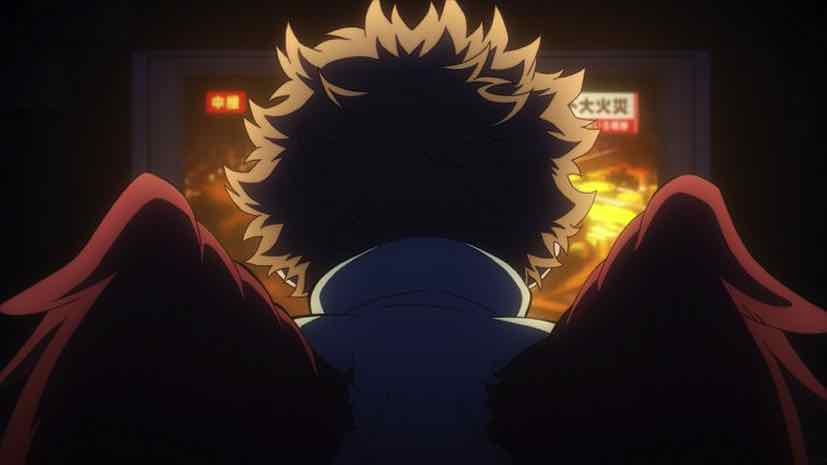 It seems odd to say about a media franchise that’s among the half-dozen most globally successful in animanga, but I really feel like Horikoshi Kouhei doesn’t get enough credit. Meaning no disrespect (well, not much) to the other titanic (word not chosen coincidentally) anime kaiju of the day, the degree of subtlety and pathos to the character arcs in Boku no Hero Academia blows them out of the water. Not even close. Maybe that’s even part of the “problem”, who knows – maybe a lot of fans want more fanservice and less angst. Does Horikoshi make mistakes? Yes, on occasion. Because he tries shit, and he aims high. I’ll take that trade-off any day of the week.
It seems odd to say about a media franchise that’s among the half-dozen most globally successful in animanga, but I really feel like Horikoshi Kouhei doesn’t get enough credit. Meaning no disrespect (well, not much) to the other titanic (word not chosen coincidentally) anime kaiju of the day, the degree of subtlety and pathos to the character arcs in Boku no Hero Academia blows them out of the water. Not even close. Maybe that’s even part of the “problem”, who knows – maybe a lot of fans want more fanservice and less angst. Does Horikoshi make mistakes? Yes, on occasion. Because he tries shit, and he aims high. I’ll take that trade-off any day of the week.
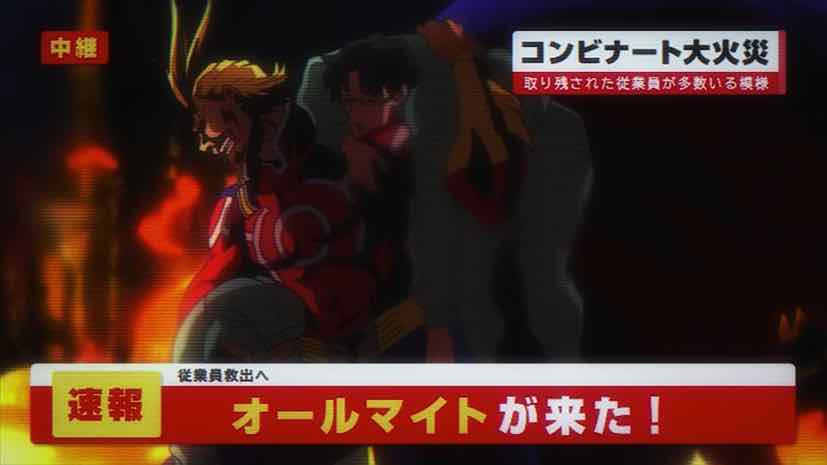 Focusing on Hawks and Endeavor is a ticket to excellent character drama for BnHA, and always has been. I’m still completely invested in the Deku-All Might-Bakugo triangle, but this wedge of the story offers something completely different. Hawks is a rather unique figure in HeroAca with his overtly false cheerfulness belying his perpetual self-doubt. As for Endeavor, one could make a case – and I think a reasonably persuasive one – that he’s the most developed character in the series. Outside of the core three teenagers, anyway. I don’t like Endeavor per se, in the sense of affection for him as a person – but as a character, he’s rarely less than fully compelling.
Focusing on Hawks and Endeavor is a ticket to excellent character drama for BnHA, and always has been. I’m still completely invested in the Deku-All Might-Bakugo triangle, but this wedge of the story offers something completely different. Hawks is a rather unique figure in HeroAca with his overtly false cheerfulness belying his perpetual self-doubt. As for Endeavor, one could make a case – and I think a reasonably persuasive one – that he’s the most developed character in the series. Outside of the core three teenagers, anyway. I don’t like Endeavor per se, in the sense of affection for him as a person – but as a character, he’s rarely less than fully compelling.
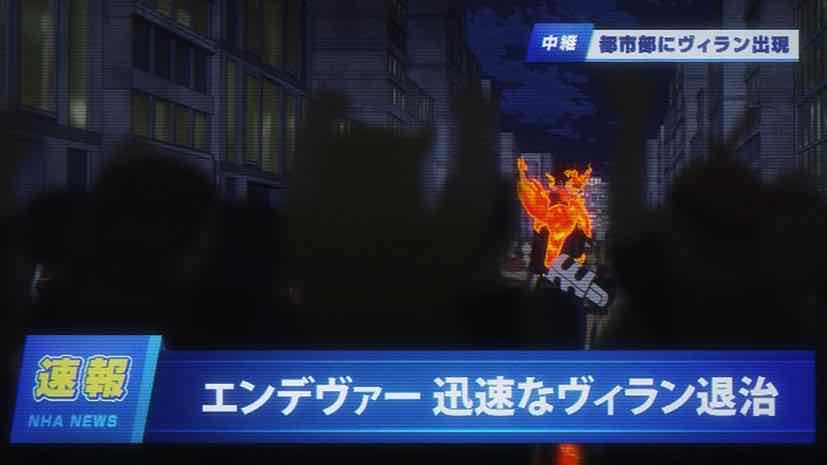 In this grim new emerging reality, Hawks and Endeavor in many ways fit the narrative better than the aforementioned triangle (I’ve never been sure whether Horikoshi intended that or not). We got a fuller perspective on the baggage Hawks – or Keigo as he was called in his past life – carries with him than ever before. Being the son of a murderer can’t have been easy for Keigo, especially one so unrepentant as his father. His mother was no prize either, allowing herself to be pulled along in her husband’s wake and doing little to shield her son from his abuse. That “All Might is too expensive” moment in the toy store was revealing in so many ways – not least that I think Hawks actually identified with Endeavor much more as a person whose path he could conceivable strive to follow (perhaps sensing his flaws).
In this grim new emerging reality, Hawks and Endeavor in many ways fit the narrative better than the aforementioned triangle (I’ve never been sure whether Horikoshi intended that or not). We got a fuller perspective on the baggage Hawks – or Keigo as he was called in his past life – carries with him than ever before. Being the son of a murderer can’t have been easy for Keigo, especially one so unrepentant as his father. His mother was no prize either, allowing herself to be pulled along in her husband’s wake and doing little to shield her son from his abuse. That “All Might is too expensive” moment in the toy store was revealing in so many ways – not least that I think Hawks actually identified with Endeavor much more as a person whose path he could conceivable strive to follow (perhaps sensing his flaws).
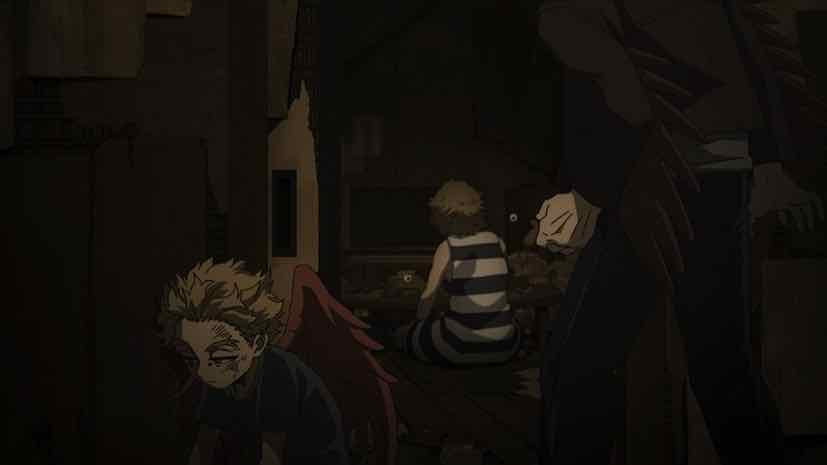 I’ve said it before, but I think Best Jeanist emerges here as the one who really bears the mantle of new “symbol of peace” best. Both he and Hawks voluntarily suffered a great deal in order to make the anti-League/PLF operation possible, but Jeanist seems to possess a sense of idealism that Hawks lacks – one I truly think is necessary for the #1 hero. I don’t think Hawks was wrong in saying Bubaigawara was a good man when it really mattered. And I like his ability to see beyond the jingoism of his profession. But there’s something to be said for projecting surety even when uncertainty reigns supreme all around you.
I’ve said it before, but I think Best Jeanist emerges here as the one who really bears the mantle of new “symbol of peace” best. Both he and Hawks voluntarily suffered a great deal in order to make the anti-League/PLF operation possible, but Jeanist seems to possess a sense of idealism that Hawks lacks – one I truly think is necessary for the #1 hero. I don’t think Hawks was wrong in saying Bubaigawara was a good man when it really mattered. And I like his ability to see beyond the jingoism of his profession. But there’s something to be said for projecting surety even when uncertainty reigns supreme all around you.
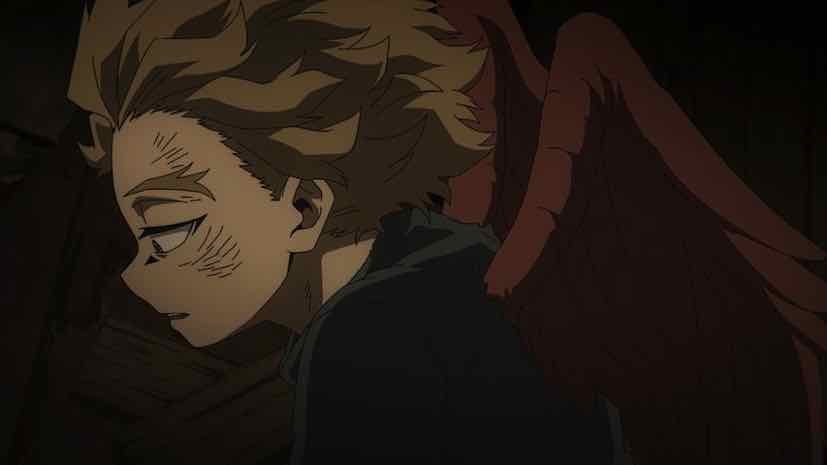 Indeed, at the moment Best Jeanist seems to be the one figure who still commands a certain respect from the public, having come back from the dead and heroically battled on the front lines. Faith in heroes is in tatters, and many of them are choosing to bail altogether. Predictably that means vigilantism is on the rise (now more than ever I wish the excellent spinoff Vigilante: Boku no Hero Academia Illegals had gotten an adaptation). As for the #1 hero, it’s hard to imagine him ever recovering his reputation – even if he’s able to recover physically.
Indeed, at the moment Best Jeanist seems to be the one figure who still commands a certain respect from the public, having come back from the dead and heroically battled on the front lines. Faith in heroes is in tatters, and many of them are choosing to bail altogether. Predictably that means vigilantism is on the rise (now more than ever I wish the excellent spinoff Vigilante: Boku no Hero Academia Illegals had gotten an adaptation). As for the #1 hero, it’s hard to imagine him ever recovering his reputation – even if he’s able to recover physically.
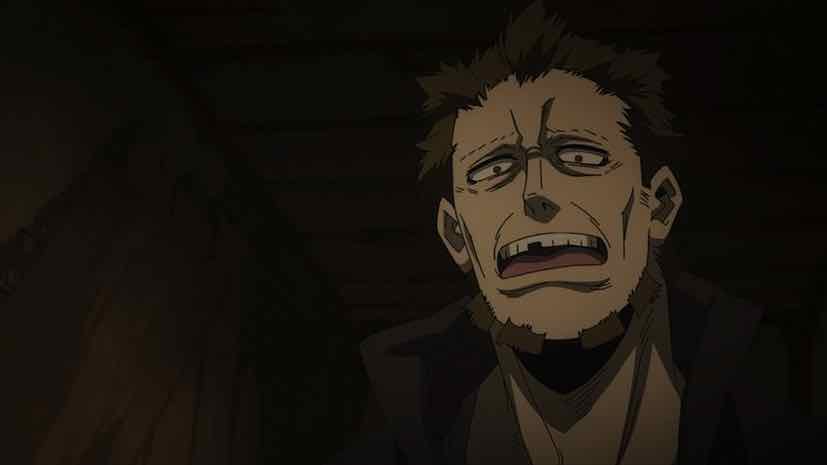 What I really like about Endeavor is that as a character he – like Stain – forces the audience to ask questions which have no easy answers. Would you, in Touya’s shoes, feel (or act) any differently than he does? It’s no wonder Endeavor is riddled with self-doubts as he moulders in his hospital bed. In the two great defining moments of his life, he’s frozen under the pressure. Even with his youngest son screaming at him to act, his shame at what he did to his oldest paralyzes him. And that’s certainly not all Endeavor has to feel shame for.
What I really like about Endeavor is that as a character he – like Stain – forces the audience to ask questions which have no easy answers. Would you, in Touya’s shoes, feel (or act) any differently than he does? It’s no wonder Endeavor is riddled with self-doubts as he moulders in his hospital bed. In the two great defining moments of his life, he’s frozen under the pressure. Even with his youngest son screaming at him to act, his shame at what he did to his oldest paralyzes him. And that’s certainly not all Endeavor has to feel shame for.
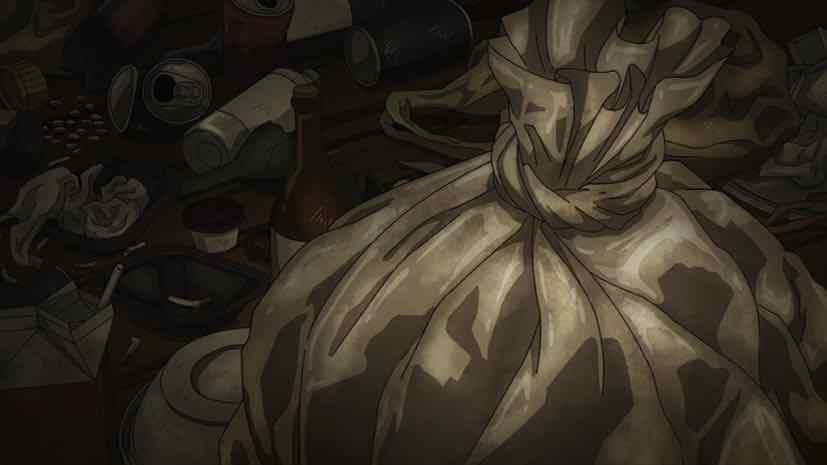 The most difficult question Endeavor asks the audience is a brutally vexing one: does regret matter? Does it make any difference that Todoroki Enji feels guilt about what he did to Rei, to Touya, to his entire family – not in an isolated act of foolishness or temper, but in systematic mistreatment over years? His regret undoes none of the damage he’s caused, first of all. And the problem is that his “all my bad decisions have come to roost” moment comes off more as self-pity than accepting responsibility – especially as they came home to roost for entire country, not just his ruined shell of a family. This is far from the first time Endeavor has sung this tune, only the loudest. And his darkness matches the mood of HeroAca’s brave new world to a T.
The most difficult question Endeavor asks the audience is a brutally vexing one: does regret matter? Does it make any difference that Todoroki Enji feels guilt about what he did to Rei, to Touya, to his entire family – not in an isolated act of foolishness or temper, but in systematic mistreatment over years? His regret undoes none of the damage he’s caused, first of all. And the problem is that his “all my bad decisions have come to roost” moment comes off more as self-pity than accepting responsibility – especially as they came home to roost for entire country, not just his ruined shell of a family. This is far from the first time Endeavor has sung this tune, only the loudest. And his darkness matches the mood of HeroAca’s brave new world to a T.


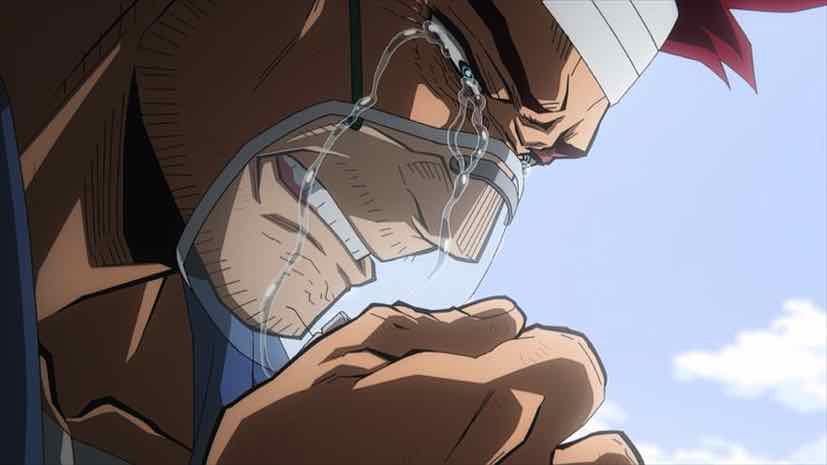
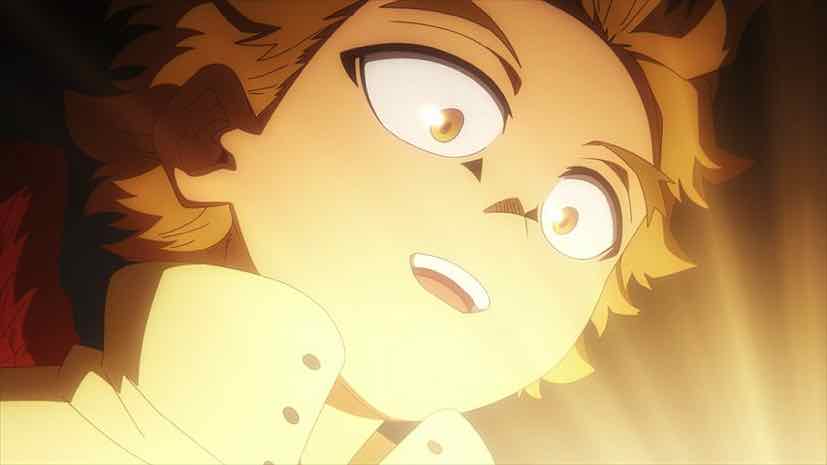
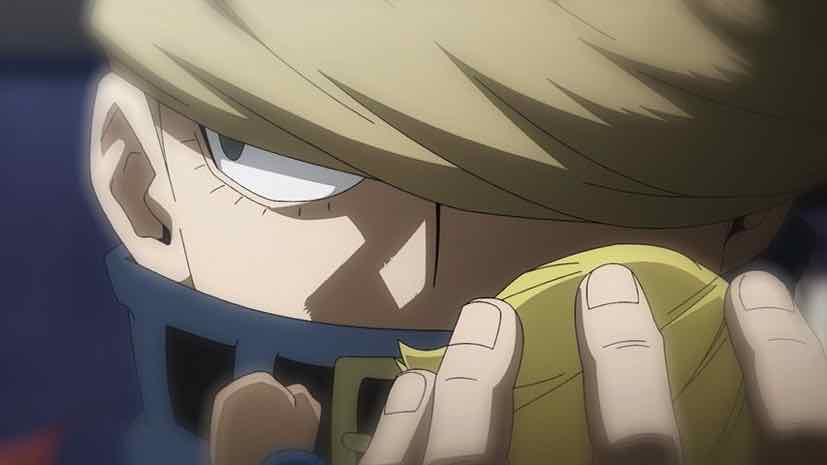
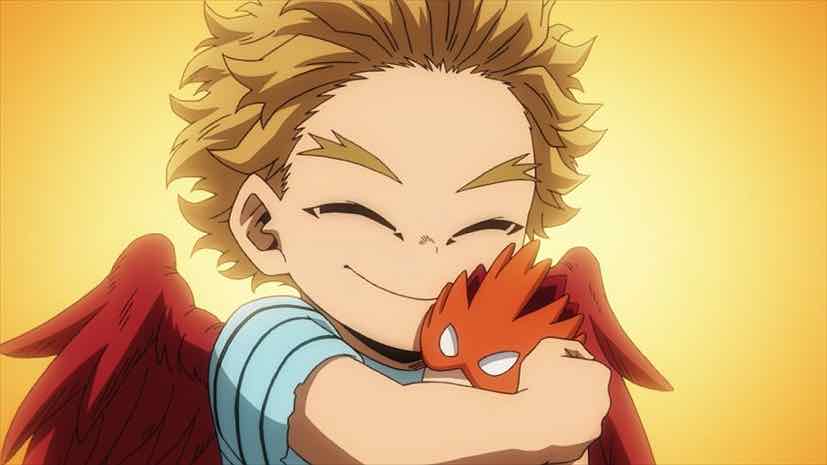
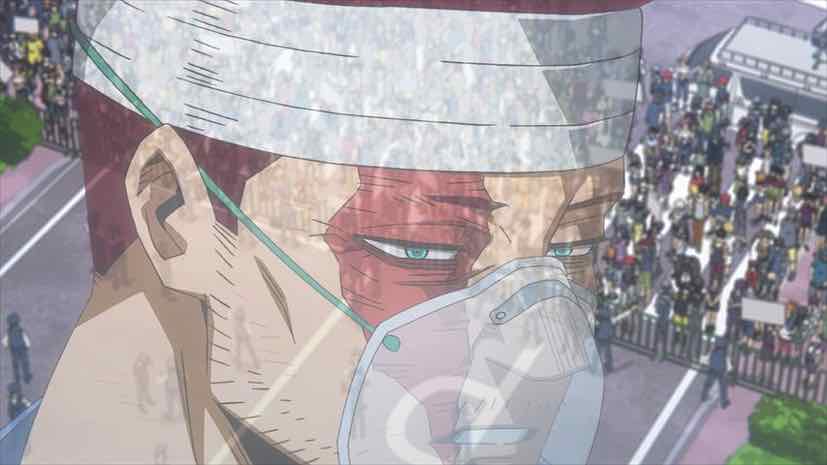
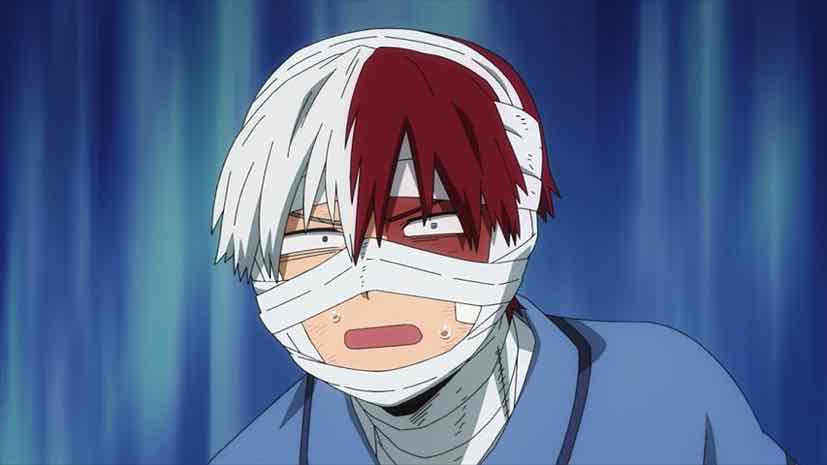
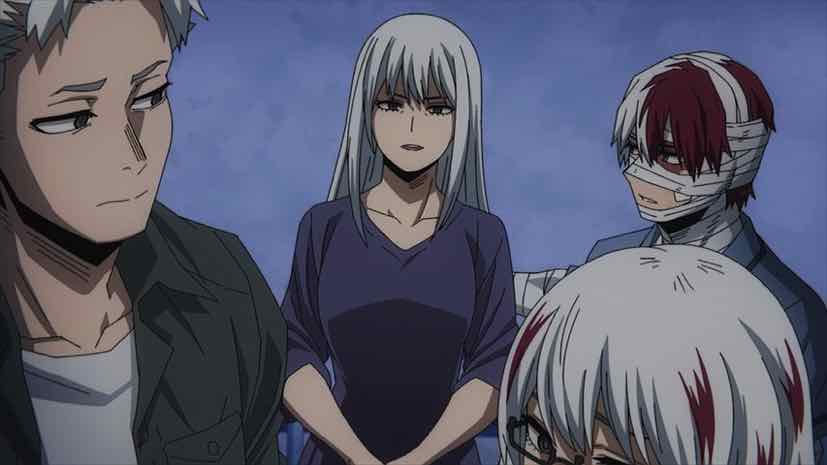
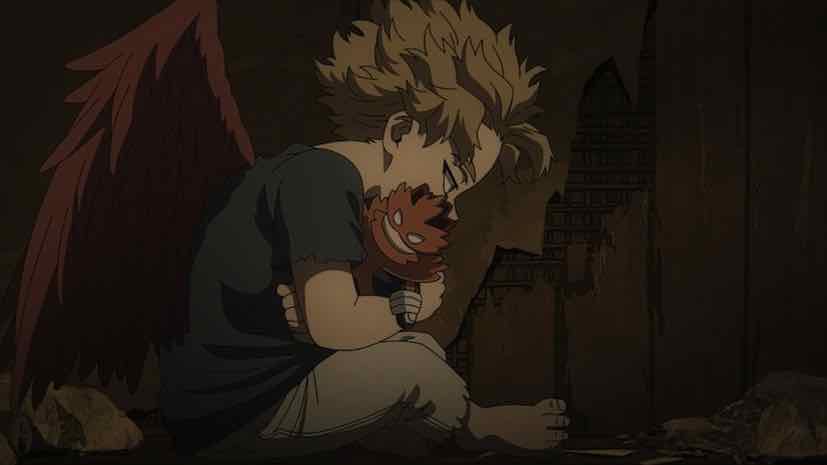
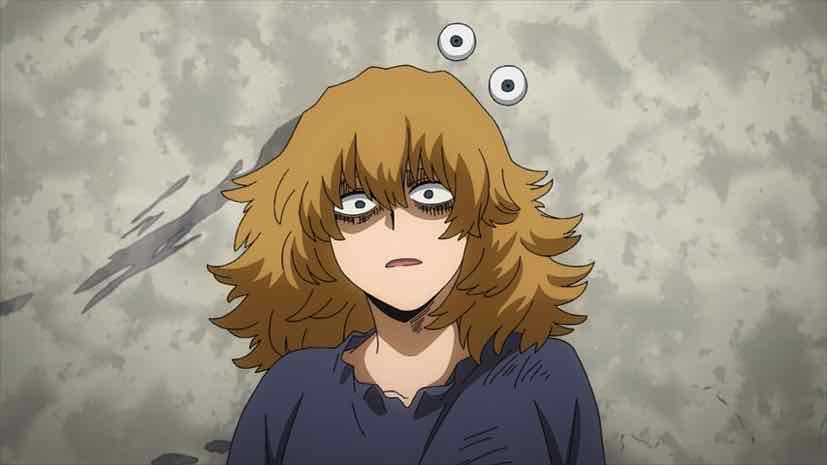
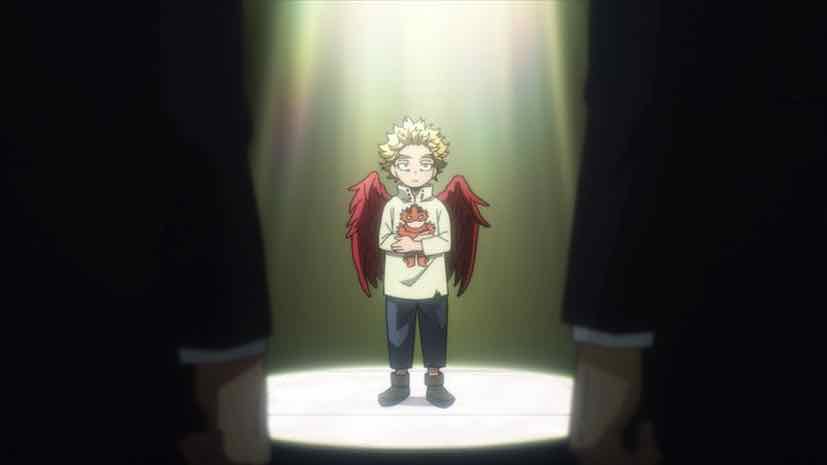
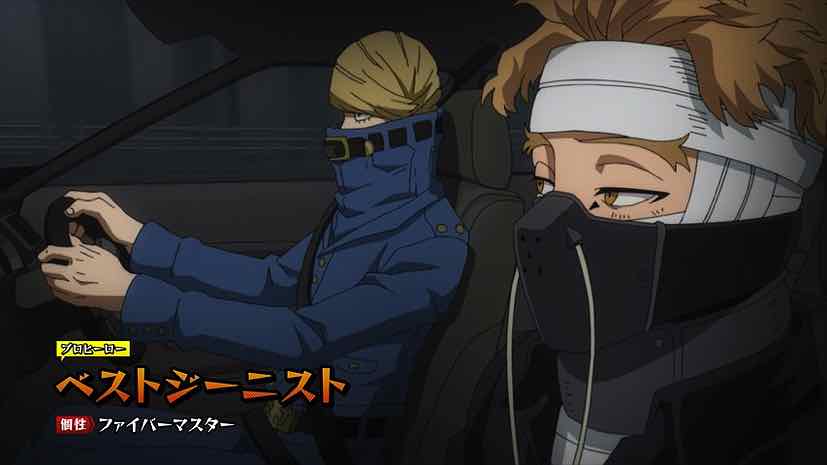
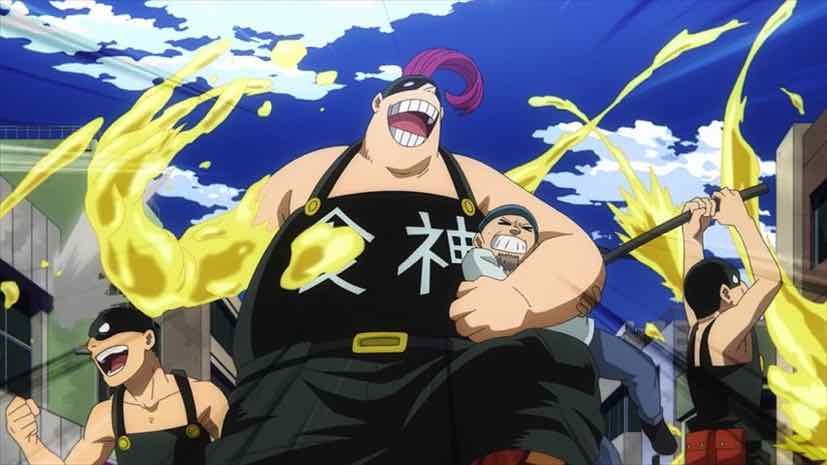
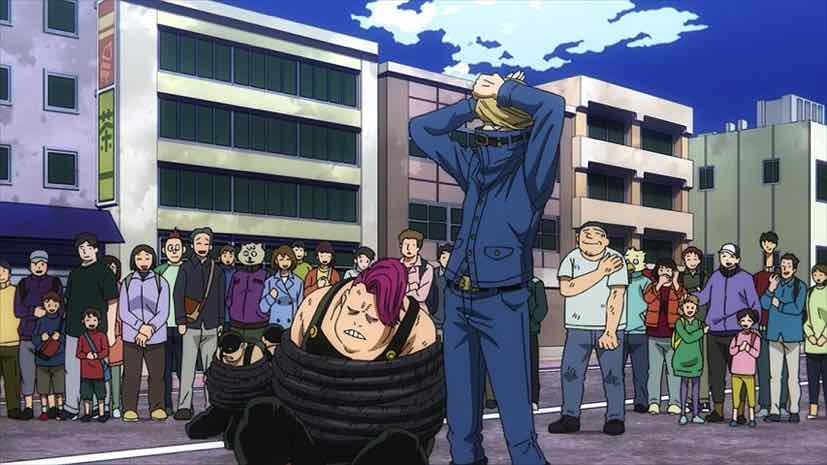
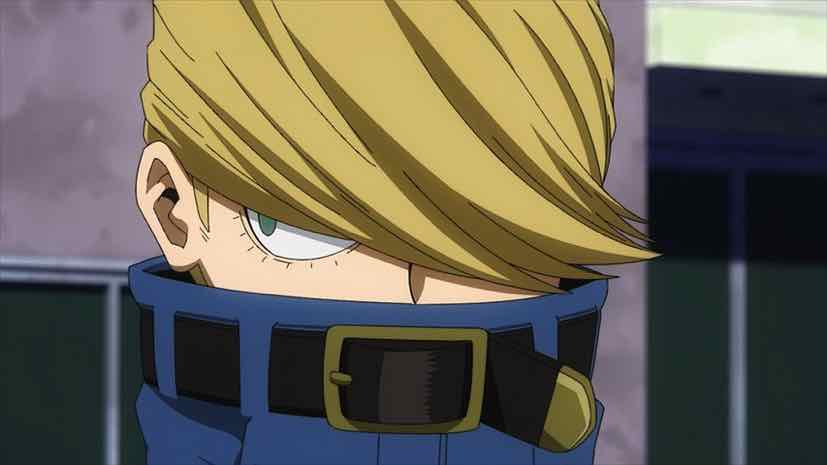
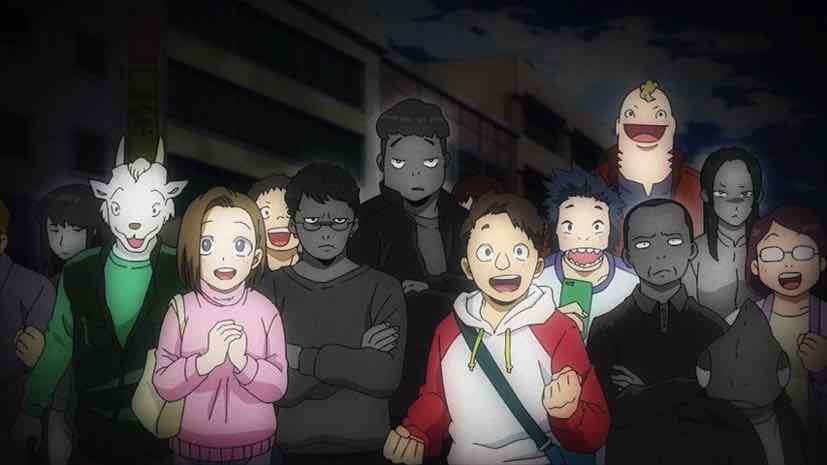
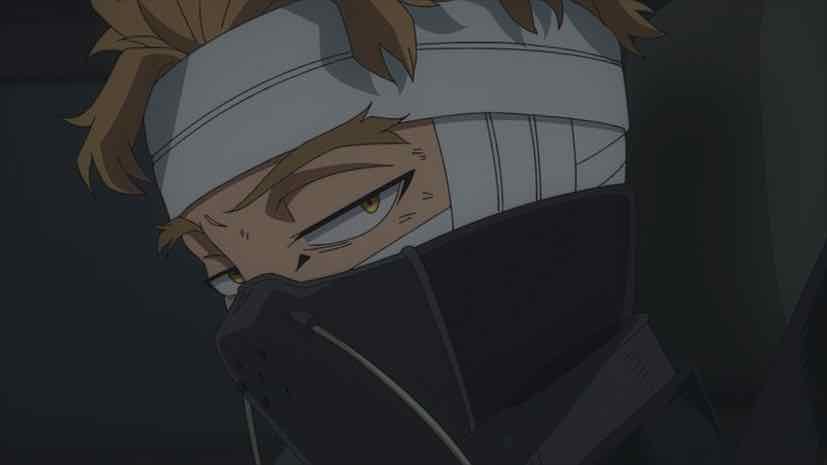
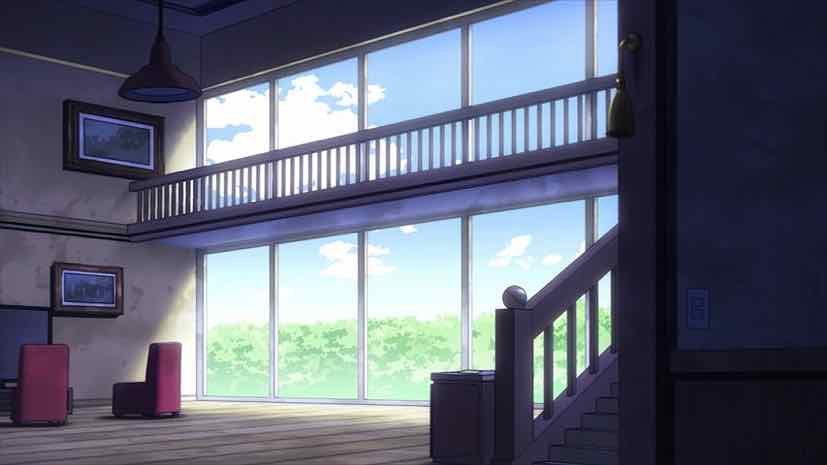
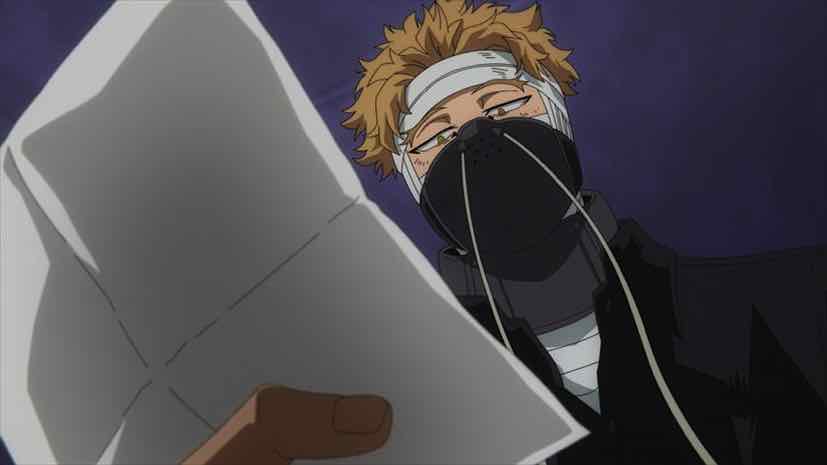
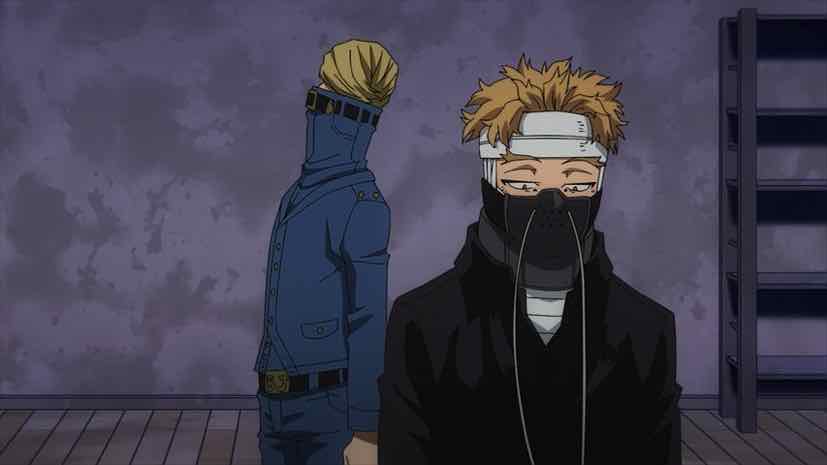
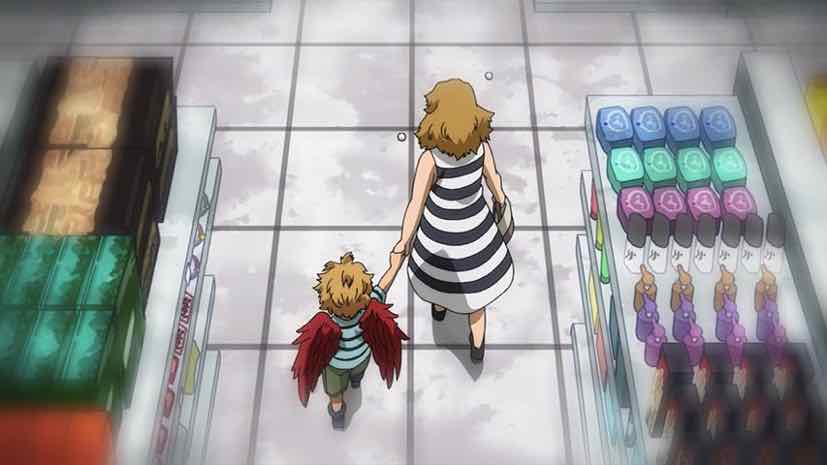
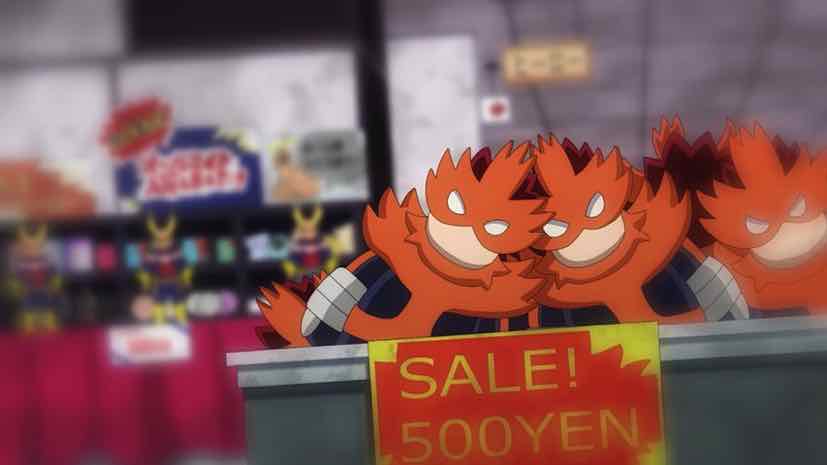
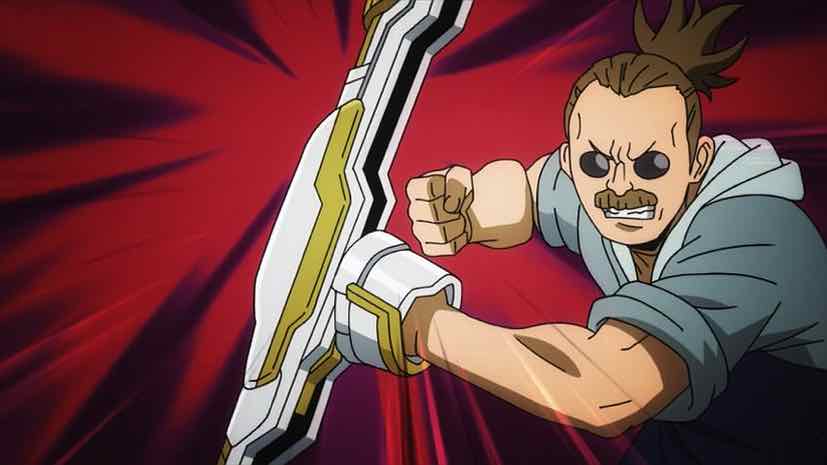
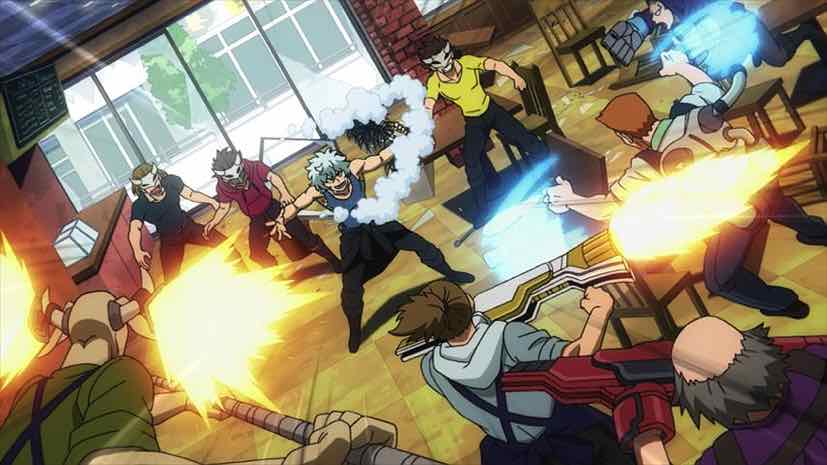
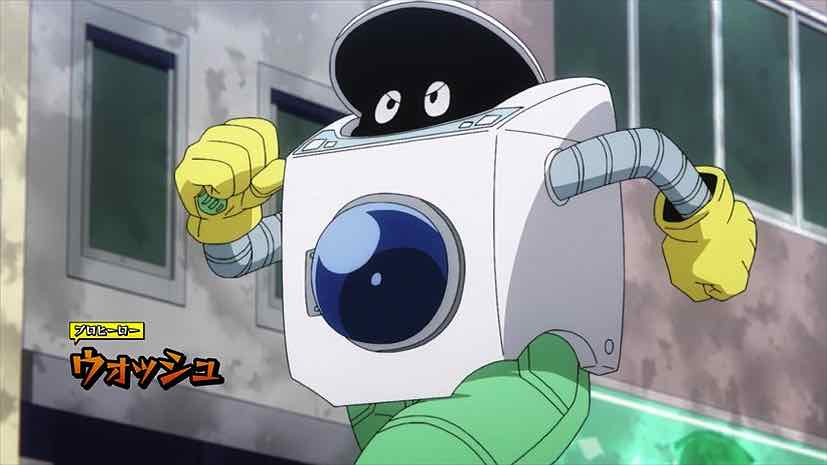
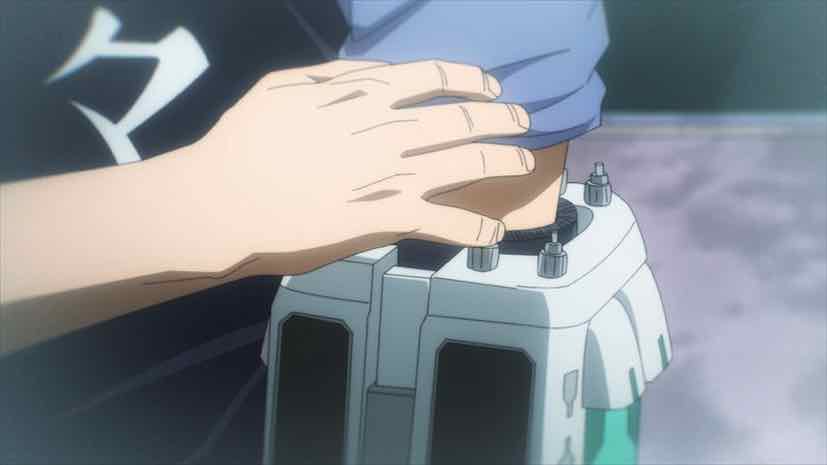
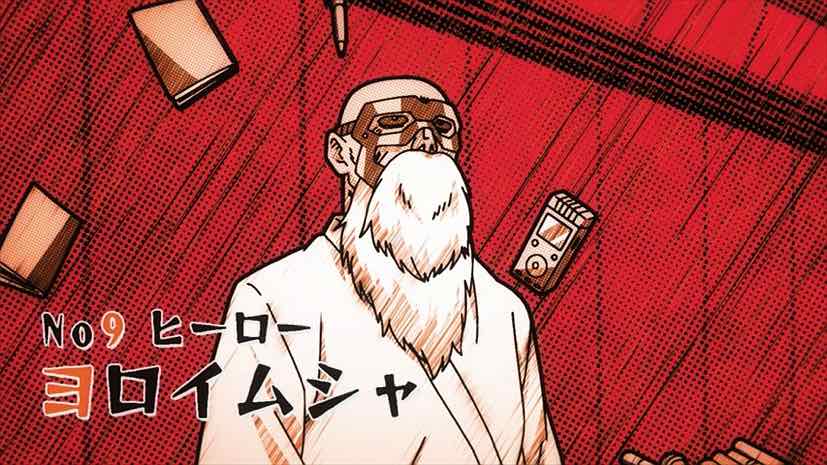
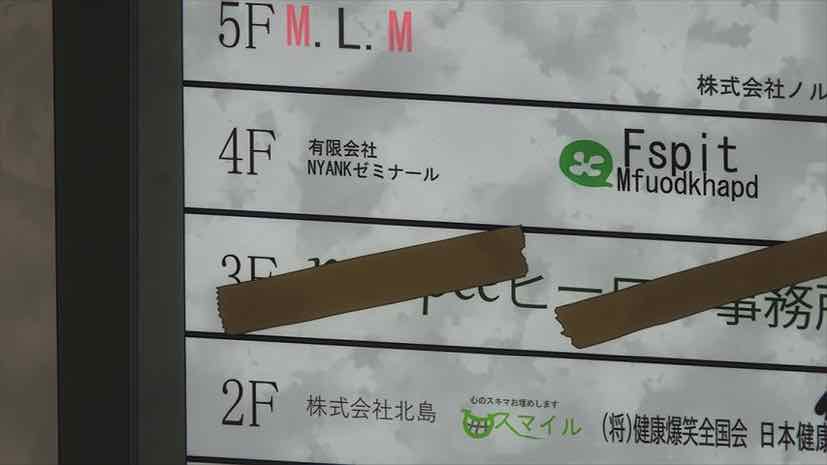
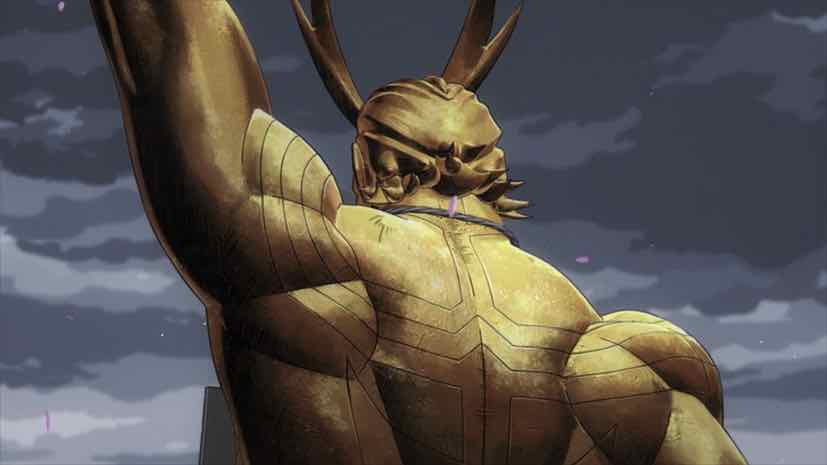
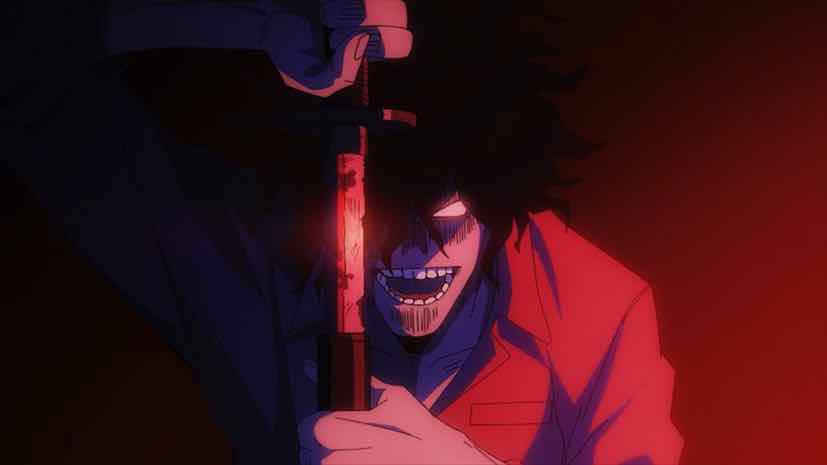
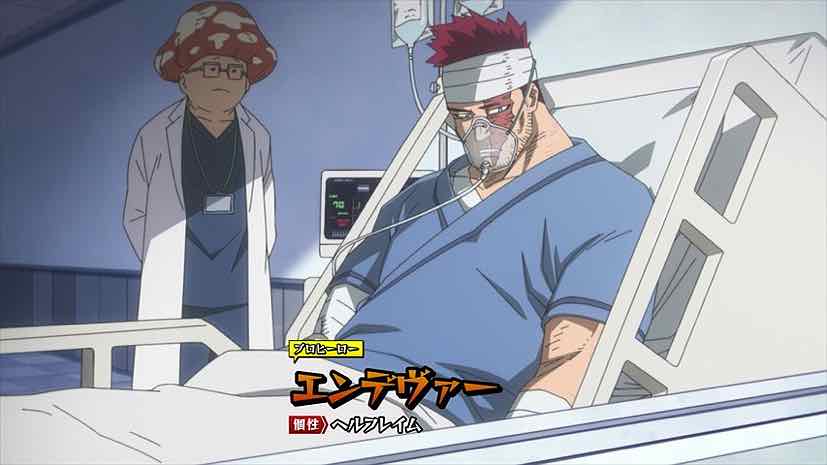
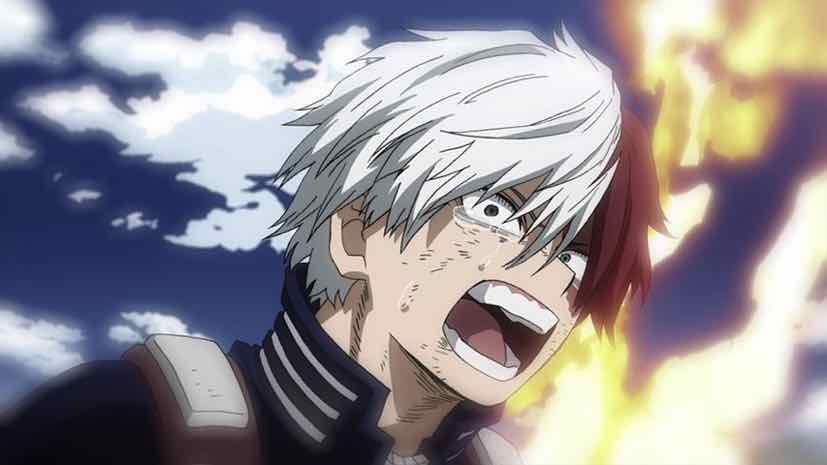
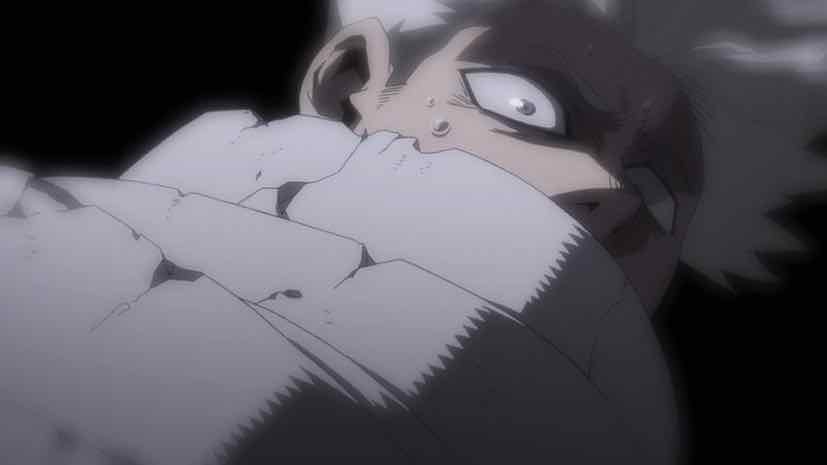
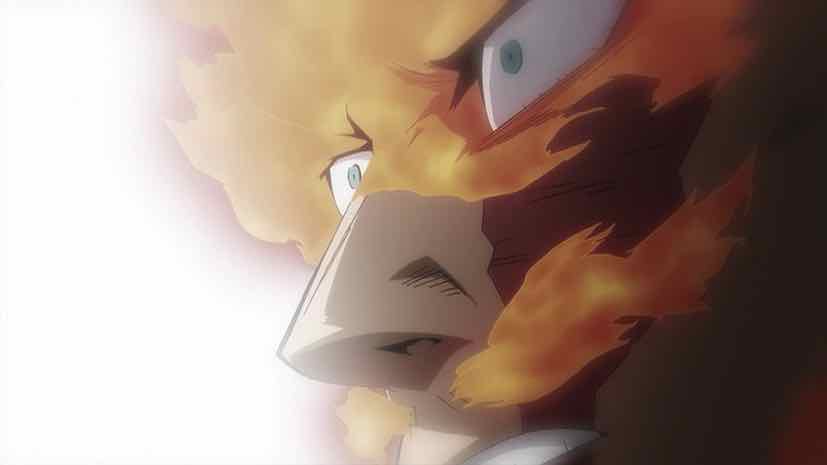
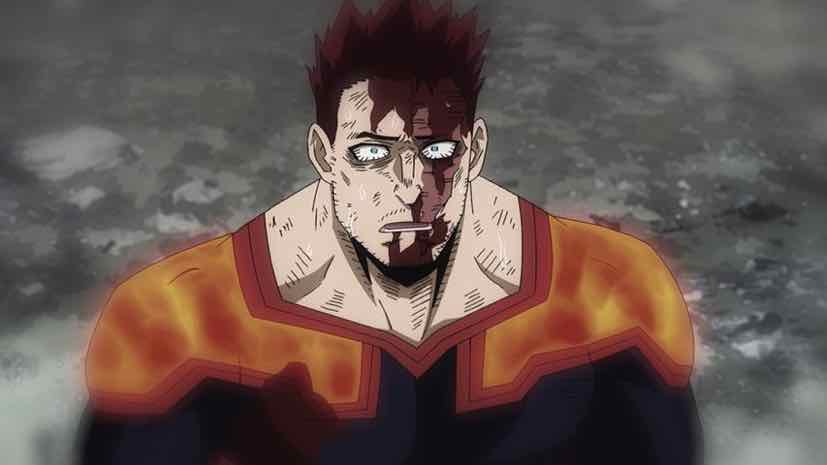
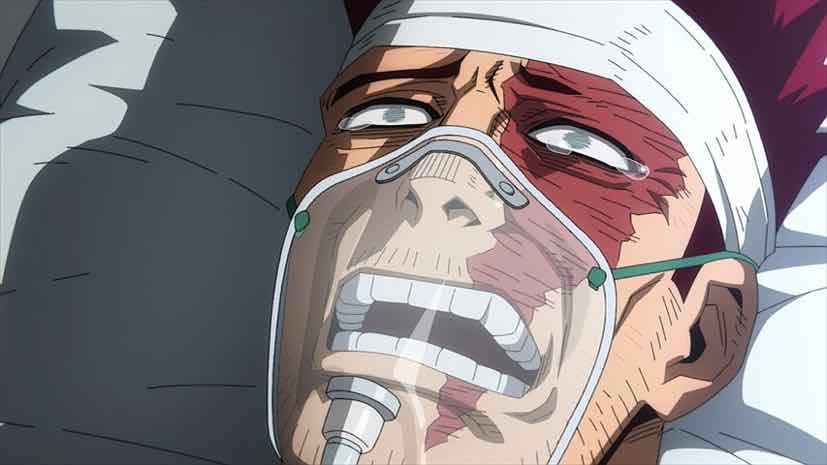
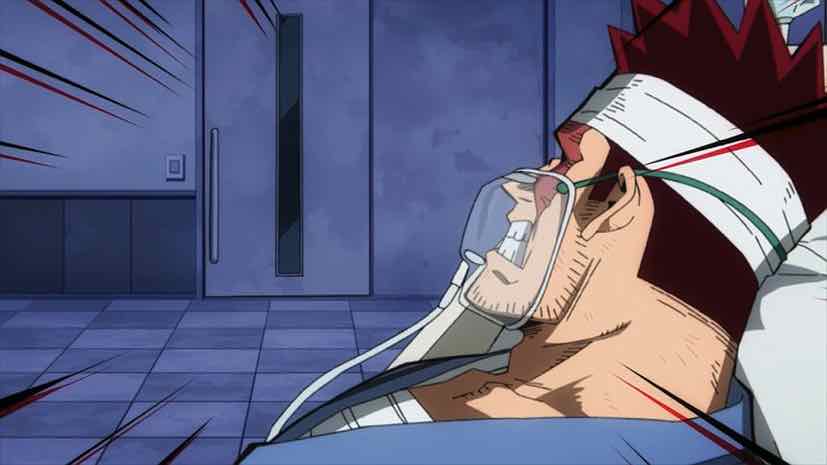
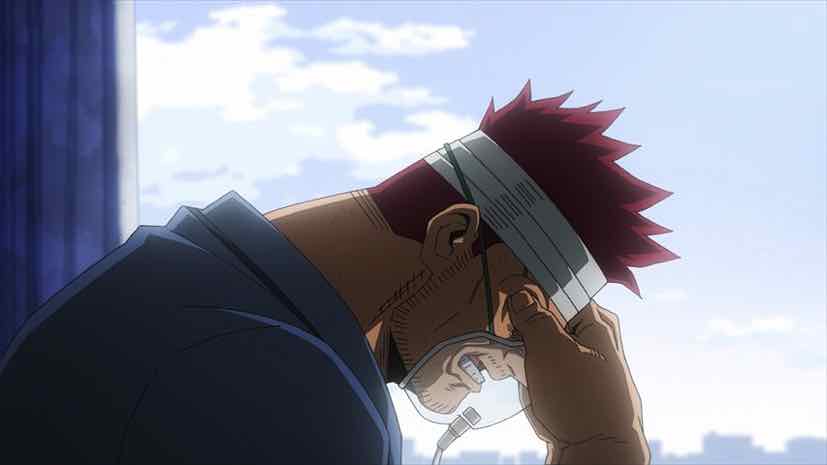
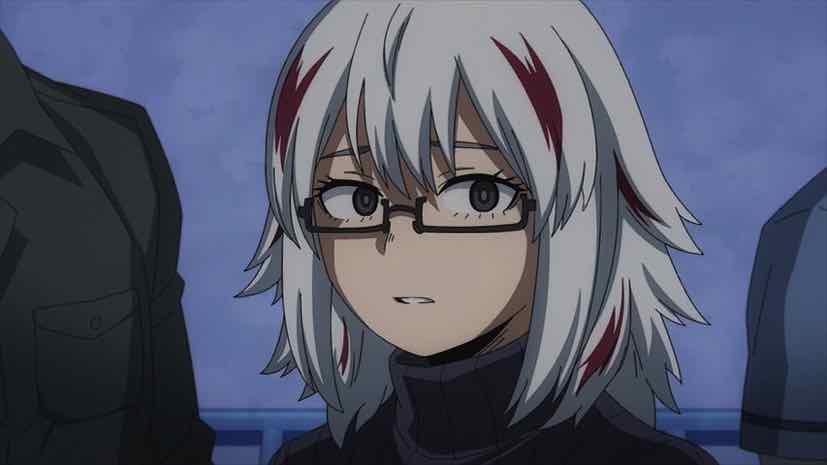
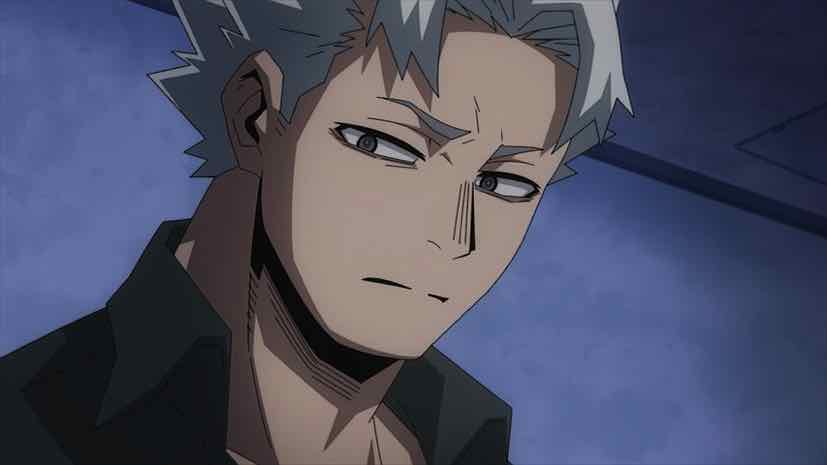
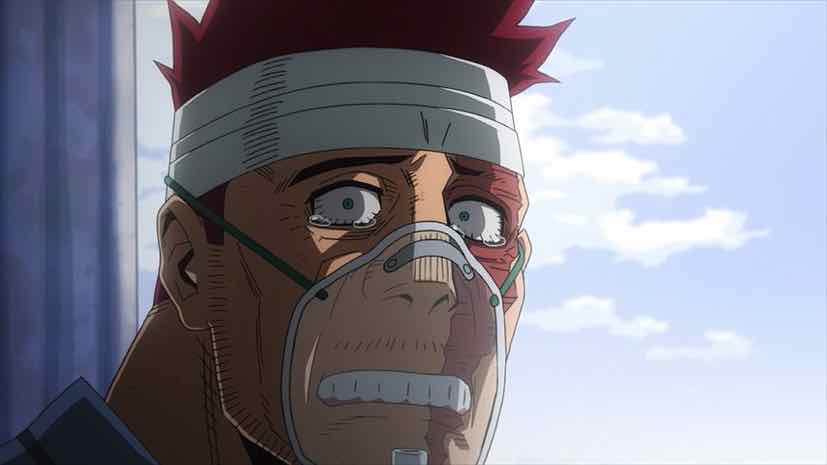
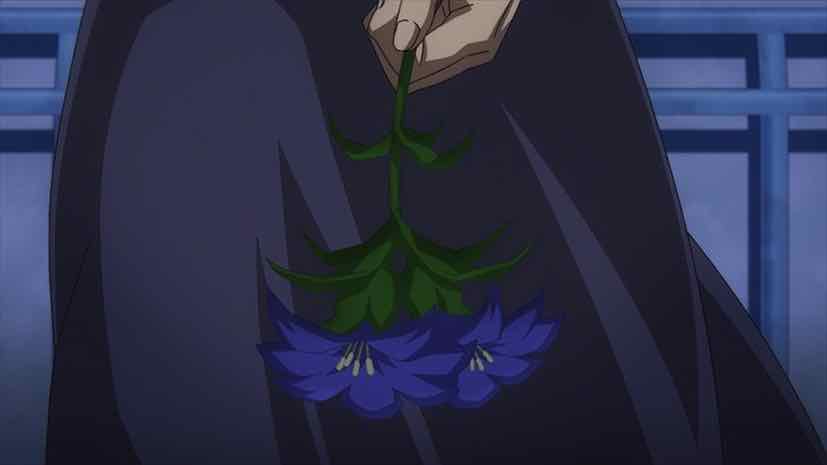
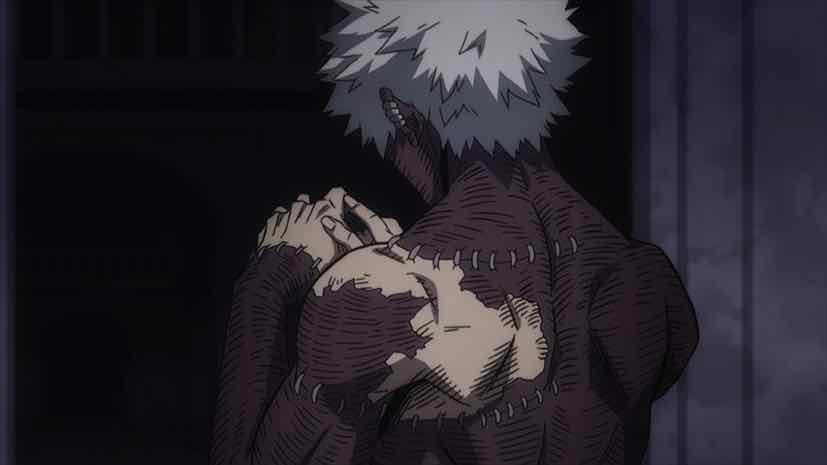

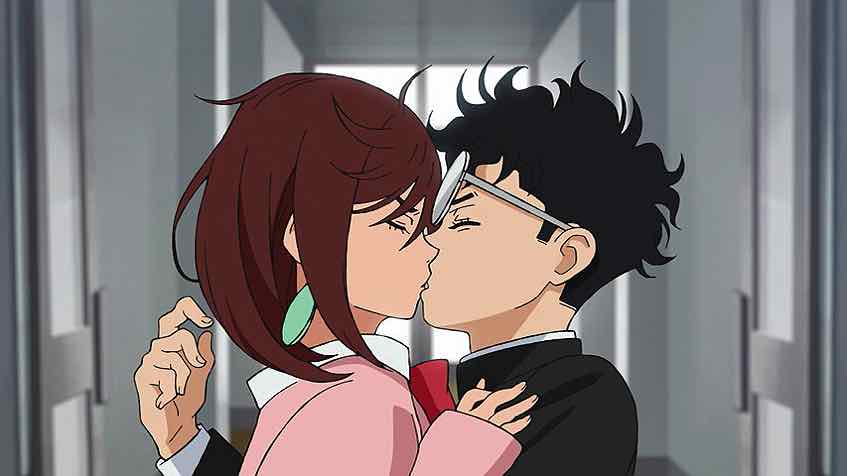
DukeofEarls
January 22, 2023 at 10:44 amHawks’ backstory, albeit a little cliche in whatever respect for this context, really works nicely when it’s layered on top of the Todoroki family story. He’s like an unexpected wrinkle that bucks the narrative inertia about Endeavor’s past.
Raikou
January 22, 2023 at 11:21 amThe problem with animanga fans is that they expected Heroaca to have nonstop action. So when the school arc is too long or don’t have any stakes, it bores them out.
The season finally put full action with few characters death, but 6 seasons was long enough for them to not invest anymore. Too bad because the Todoroki character drama, Hawks and endeavor development is really good.
Jaded
January 23, 2023 at 11:06 pmThe voice acting for Endeavor in this one (and the whole final scene really) gave me goosebumps!
Guardian Enzo
January 24, 2023 at 7:11 amYeah, Inada Tetsu is really good here (and generally). It’s a great role.
Nadavu
January 25, 2023 at 12:46 amThe info dump between Hawks and Best Jeanist in the car was pretty clumsy, I feel, but it does seem like the story is about to hit it up in a big way.